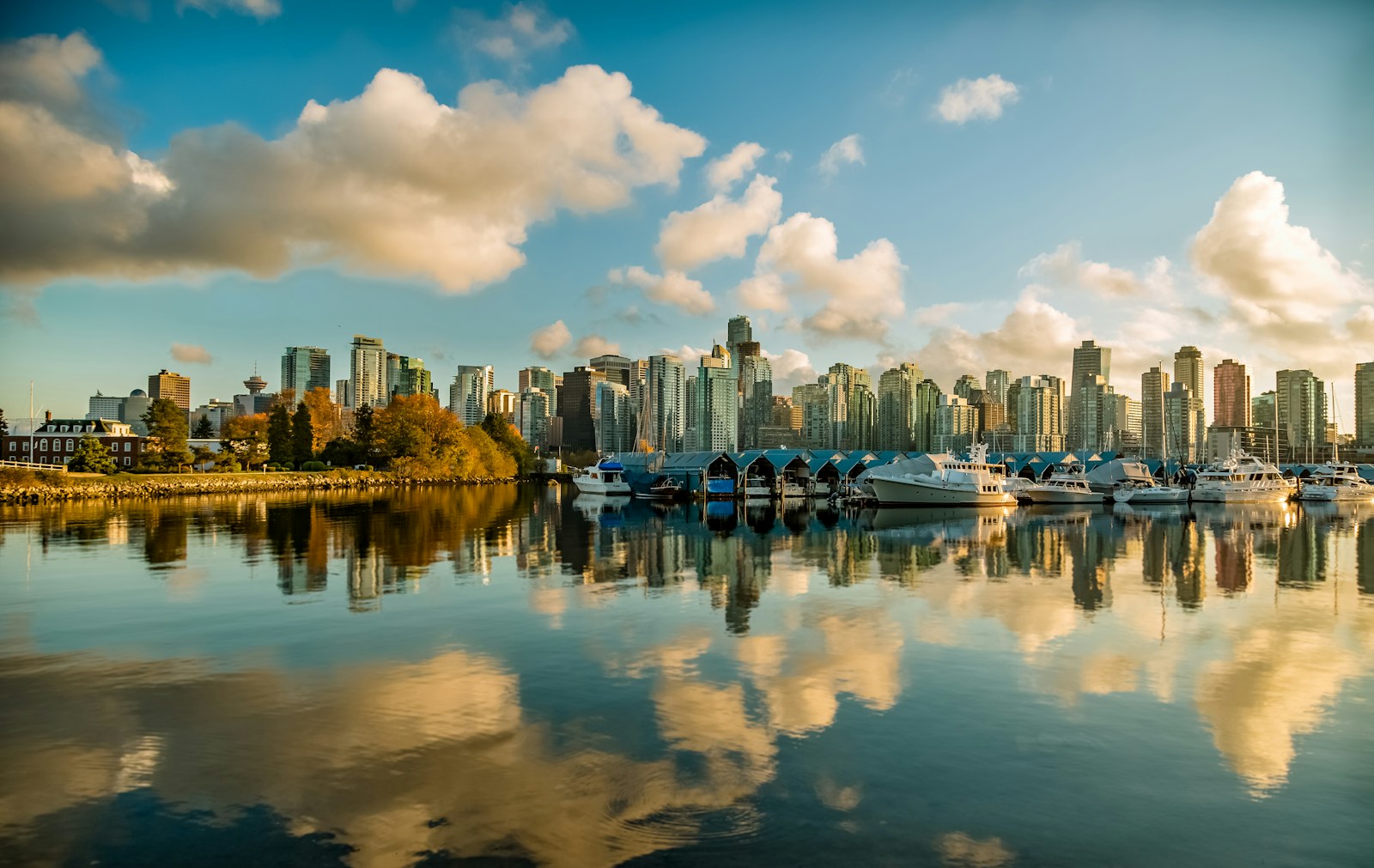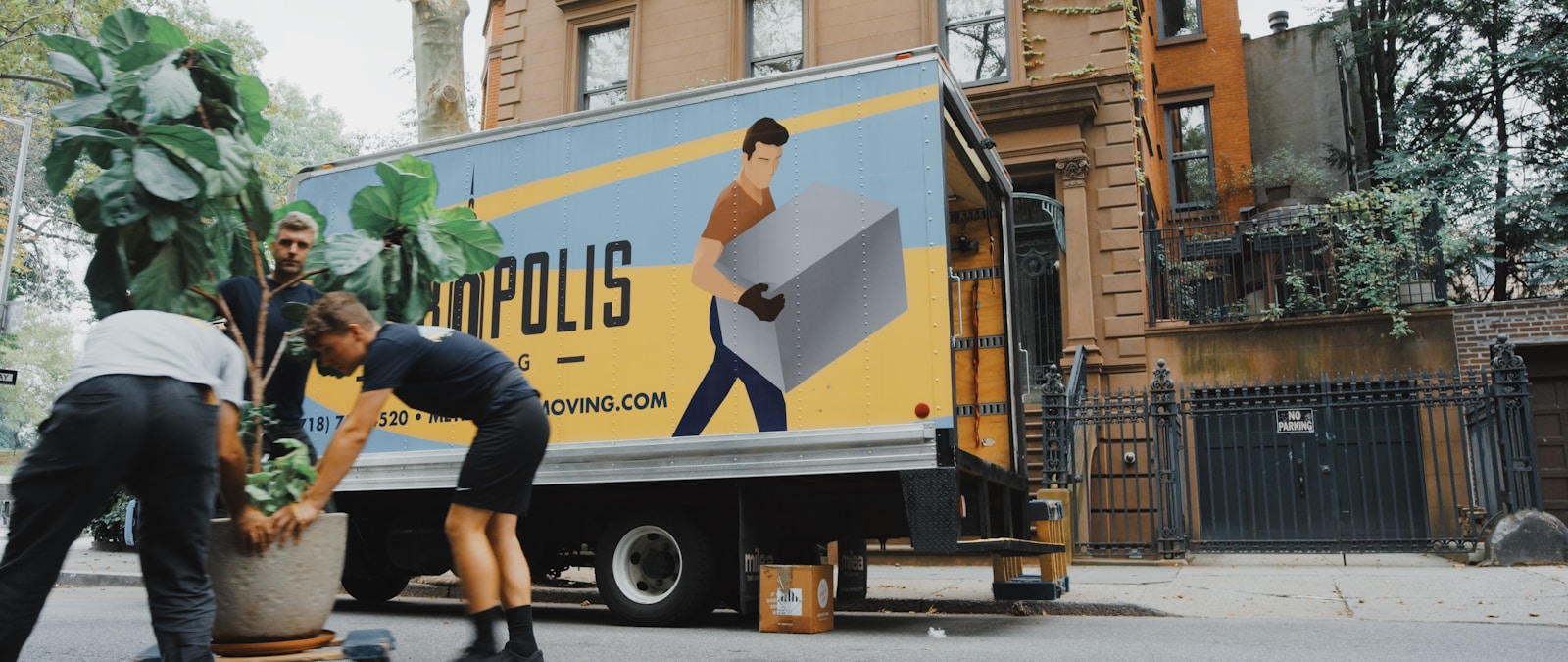Introduction: The Pre-Listing Inspection Debate
In Ottawa’s competitive 2025 housing market, sellers are always looking for an edge. One tactic that sparks debate among homeowners and agents alike is the pre-listing home inspection — an inspection done before putting your property on the market.
While it can be a smart move that builds buyer confidence and speeds up sales, it can also backfire in certain situations. So, how do you know when it’s worth the investment — and when it’s better to skip it?
Let’s break down the pros, cons, and strategy behind pre-listing inspections so you can make the right decision for your home and budget.
1. What Is a Pre-Listing Inspection?
A pre-listing inspection is a professional evaluation of your home’s condition conducted before you list it for sale. The inspector examines key components such as:
Foundation and structure
Roof, attic, and insulation
Plumbing and electrical systems
HVAC equipment
Windows, doors, and overall maintenance
The result is a detailed report — similar to what a buyer would receive after making an offer — outlining both major issues and minor fixes.
2. Why Sellers Choose to Do One
Many Ottawa sellers see a pre-listing inspection as a proactive tool. It can help you:
✅ Identify issues early – Giving you time to repair problems on your schedule rather than under buyer pressure.
✅ Price more accurately – Knowing your home’s true condition helps avoid overpricing or undervaluing.
✅ Build trust with buyers – Transparency goes a long way in reducing suspicion and speeding up offers.
✅ Prevent last-minute deal collapses – Fewer surprises mean fewer negotiations and retractions.
3. When a Pre-Listing Inspection Pays Off
Not every home or market condition justifies this step. Here’s when it really makes sense to invest in one:
A. You’re Selling an Older or Character Home
If your home is more than 20–30 years old (think areas like Alta Vista, The Glebe, or Old Ottawa South), a pre-listing inspection can reveal age-related wear that buyers will definitely question later.
B. You Plan to Market “Move-In Ready” Condition
If your goal is to attract top dollar, showing buyers that your property has been professionally vetted reinforces the value and eases concerns about hidden costs.
C. You’re Selling in a Slower or Balanced Market
When buyer demand cools — or when inventory rises — having an inspection report ready can set your listing apart. It positions your property as low-risk and well-cared-for, two things buyers love.
D. You Want to Avoid Price Reductions Later
Discovering and fixing issues upfront (like a leaky faucet or aging water heater) can prevent buyers from demanding thousands off during negotiation.
4. When It Might Not Be Worth It
There are also cases where a pre-listing inspection could be unnecessary — or even counterproductive.
A. Your Property Is Brand-New or Recently Renovated
If your home has already passed municipal inspections, or is less than 5 years old, buyers expect it to be in excellent condition. Paying for another inspection adds little value.
B. You Can’t or Don’t Want to Fix Identified Issues
Remember — you’re obligated to disclose known material defects. If you can’t afford to repair major problems (like foundation cracks or electrical concerns), the inspection might end up working against you.
C. You’re in a Hot Seller’s Market
In certain parts of Ottawa — like Westboro, Kanata, or Riverside South — strong demand may mean buyers are already waiving inspections just to win bidding wars. Spending on a pre-listing report might not move the needle.
5. How Much Does a Pre-Listing Inspection Cost in Ottawa?
Typically, a home inspection in Ottawa costs between $400 and $650, depending on property size and complexity.
Condos and townhomes: $350–$450
Single-family homes: $450–$650
Large or rural properties: $700+
It’s a modest investment if it helps your home sell faster — or prevents a buyer from negotiating a much larger price reduction later.
6. Pros and Cons at a Glance
7. How to Use the Report Strategically
If you decide to move forward, don’t just file the report away. Use it to strengthen your listing strategy:
✅ Highlight repairs made – “Roof inspected and updated in 2024” sounds reassuring.
✅ Provide a summary copy to buyers – Transparency builds confidence.
✅ Fix small issues first – Loose railings, minor leaks, or missing caulk can make a big difference in perception.
✅ Consult your Realtor – They can help decide how much to share publicly and how to position the findings.
8. The Middle Ground: Partial Inspections
Some sellers choose a limited pre-listing inspection that focuses only on high-risk areas, such as the roof, foundation, or electrical system.
This approach saves money and time while still uncovering potential dealbreakers. It’s a good compromise if you’re unsure about doing a full inspection.
9. Real-World Example: When It Works
A seller in Barrhaven recently spent $500 on a pre-listing inspection and discovered minor water issues in the basement. A quick $1,200 repair later, the home sold for $30,000 over asking — largely because buyers felt confident there were no surprises.
That small upfront investment translated to both higher value and a smoother deal.
10. When to Skip It (and What to Do Instead)
If your Realtor advises against a pre-listing inspection, consider these alternatives:
Offer transparency through maintenance records or warranties.
Price fairly to reflect as-is condition.
Prepare for buyer negotiations by knowing your home’s weaker points in advance.
FAQs About Pre-Listing Inspections in Ottawa
1. Are pre-listing inspections common in Ottawa?
Yes — especially for older or high-value homes where buyers expect transparency.
2. Can I choose my own inspector?
Absolutely. Just ensure they’re certified and experienced with Ottawa’s building standards.
3. Should I share the report with buyers?
You can share the summary or full version. Talk to your agent about the best approach.
4. Can a bad report hurt my sale?
Potentially — if you can’t fix major issues. However, honesty often strengthens trust rather than deters offers.
5. Does it help in a bidding war?
Yes. Buyers often feel more comfortable making strong offers when they’ve seen a clean inspection report upfront.
Conclusion: A Strategic Tool — When Used Wisely
A pre-listing inspection isn’t a must for every Ottawa seller, but when timed right, it’s one of the most effective ways to reduce stress, avoid negotiation surprises, and maximize your selling price.
If your home is older, or if you want to stand out in a competitive market, it’s absolutely worth the consideration. But if your home is newer, demand is strong, or your budget is tight, you might save that money for cosmetic updates that deliver faster returns.
In the end, it’s not about whether you should do one — it’s about whether it fits your strategy, market conditions, and property story.








